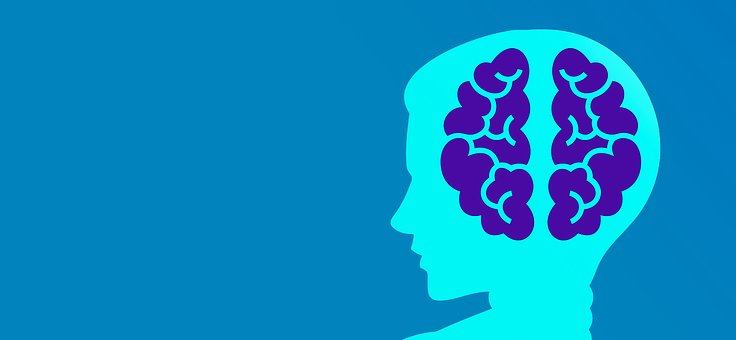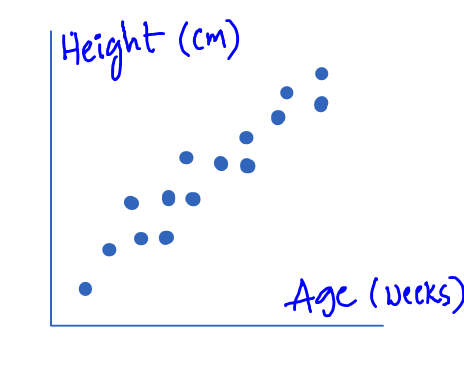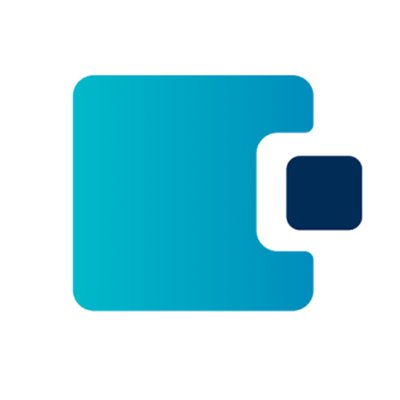
Help doctors to make better medical decisions, how does machine learning work?
In most cases, big data is regarded by one of the major hospitals as one of the least important abilities, which is a big contrast with other industries. As always, employee engagement is key, and management program adjustments should support the overall implementation.
Medical care in the field of big data has great potential to improve patient care and ultimately achieve a reasonable cost. Health care spending is being steadily reduced, and the focus is on how to reduce expenses without compromising the quality of medical care. This change is forcing medical institutions to open their doors to technology-based solutions that do not require high expenditures. In addition, we can see that the market is increasingly demanding precision medicine and evidence-based medicine as well as patient individualization requirements. Therefore, as the core to meet these needs, the value proposition of machine learning is compelling.
A major limitation of the medical and pharmaceutical industries is our biological understanding of the disease. Big data comes into play in targeting the causes of disease, from DNA [DNA], proteins and metabolites to cells, tissues, organs, organisms and ecosystems, to gather more information based on multiple criteria. Therefore, big data in the healthcare field is being used to predict epidemics, treat diseases, and avoid preventable deaths.
As the world’s population continues to grow and age, new demands emerge as the times require, and many of the decisions behind the new diagnostic and therapeutic models are driven by data. It is well known that if warning signs of major diseases are detected early, the treatment process will be much simpler (and cheaper) than later. According to EMC, 35% of healthcare organizations are using big data to improve patient care, 31% use big data to reduce care costs, 28% to improve medical outcomes, and 22% to improve early detection.
Computers are used [and machine learning] in diagnosis of disorder is part of growth of personalized, predictive medical development. This development is important, both for decisions about the good life of patients, for doctors’ treatment decisions, or for large-scale prevention or treatment policies for payers or policy planners. In addition, since the patient data collection process will be based on wearable sensing devices [such as Apple iWatch smartwatch and Resource Kit], it will continue in a passive form.
Individuals do not have to actively detect their own health every day and can have a normal lifestyle. This should be Greatly improve the patient’s monitoring participation.
When making real-time treatment decisions, it is always difficult for doctors to integrate and monitor all data for multiple patients, especially when hospital data records are inconsistent.



